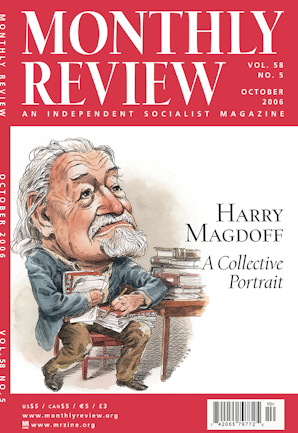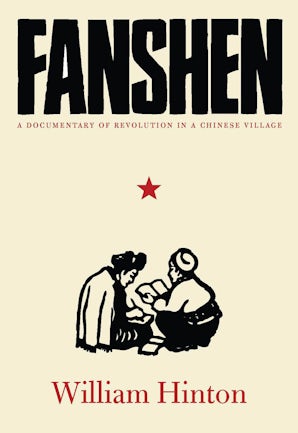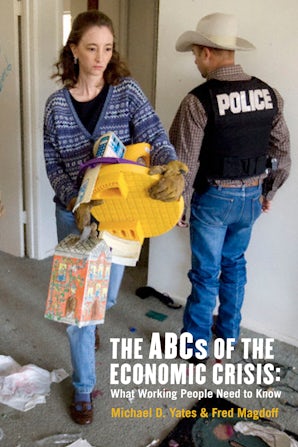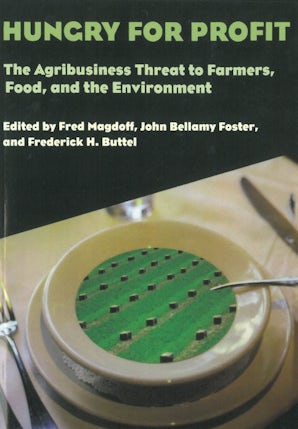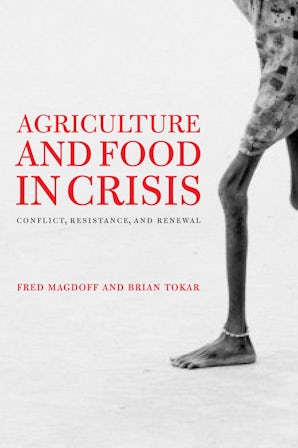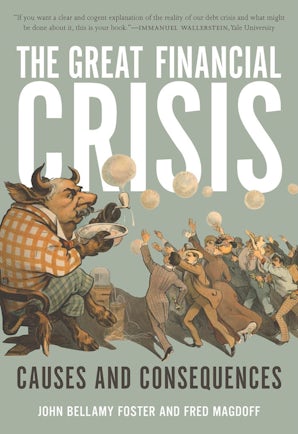Also in this issue
Books by Fred Magdoff
Fanshen
by William Hinton and Fred Magdoff
The ABCs of the Economic Crisis
by Fred Magdoff and Michael D. Yates
Hungry for Profit
Edited by Fred Magdoff, John Bellamy Foster and Frederick H. Buttel
Agriculture and Food in Crisis
by Fred Magdoff and Brian Tokar
The Great Financial Crisis
by John Bellamy Foster and Fred Magdoff
Article by Fred Magdoff
- Grand Theft Capital: The Increasing Exploitation and Robbery of the U.S. Working Class
- Repairing the Soil Carbon Rift: Enhancing Agriculture and Environment
- A Rational Agriculture Is Incompatible with Capitalism
- An Ecologically Sound and Socially Just Economy
- Stagnation and Financialization: The Nature of the Contradiction
- The Plight of the U.S. Working Class
- Twenty-First-Century Land Grabs: Accumulation by Agricultural Dispossession
- Class War and Labor's Declining Share
- Global Resource Depletion: Is Population the Problem?
- Harmony and Ecological Civilization: Beyond the Capitalist Alienation of Nature

